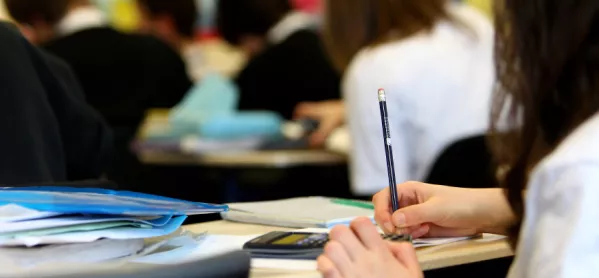Independent learning is too often taken to mean students working on their own, finding their own problems and coming up with their own solutions - the teacher being a mere “guide on the side”. This misrepresentation rests on the fact that we forget independent learning doesn’t happen without a great deal of prior knowledge. It is the talk and dialogue instigated, structured and led by the teacher that best develops that crucial knowledge.
In their 2006 paper Why Minimal Guidance During Instruction Does Not Work, academics Paul Kirschner, John Sweller and Richard Clark show that students getting minimal instruction can too easily be overwhelmed as the working memory becomes swamped by an attempt to navigate the facts while lacking the requisite expertise to do so.
Rather than working in splendid isolation, we should instead be gradually encouraging students to self-regulate and manage their learning better, strongly guided by our instruction. Indeed, it may be best to stop calling it independent learning and instead use the term “self-regulation”.
Research suggests that the process of subtly taking away scaffolds and supports can assist students in moving along the path towards this aim.
In his 1998 study Academic Studying and the Development of Personal Skill: a self-regulatory perspective, Barry Zimmerman charts the importance of self-regulation, students managing their own time and workload, setting goals, and thinking through problems and managing their emotions better. But how can we make this happen?
We can help students to develop good working habits such as devising plans, making checklists, undertaking good revision strategies and so on. Students also need to develop the subject-specific mental structures to self-regulate their academic learning. We can model thinking like a mathematician, an artist or a scientist.
For practical tips on supporting independent learning, read the full feature in the 10 July issue of TES. You can read it on your tablet or phone, or by downloading the TES Reader app for Android or iOS. Or pick it up at all good newsagents.




